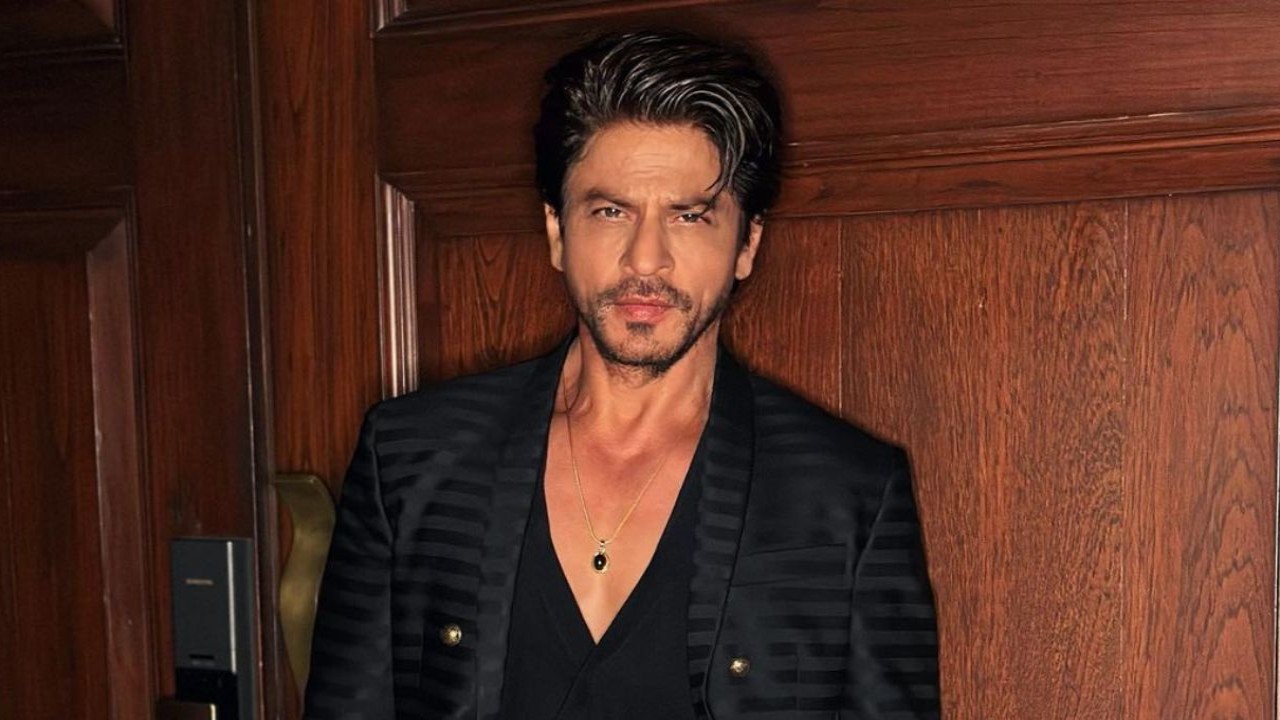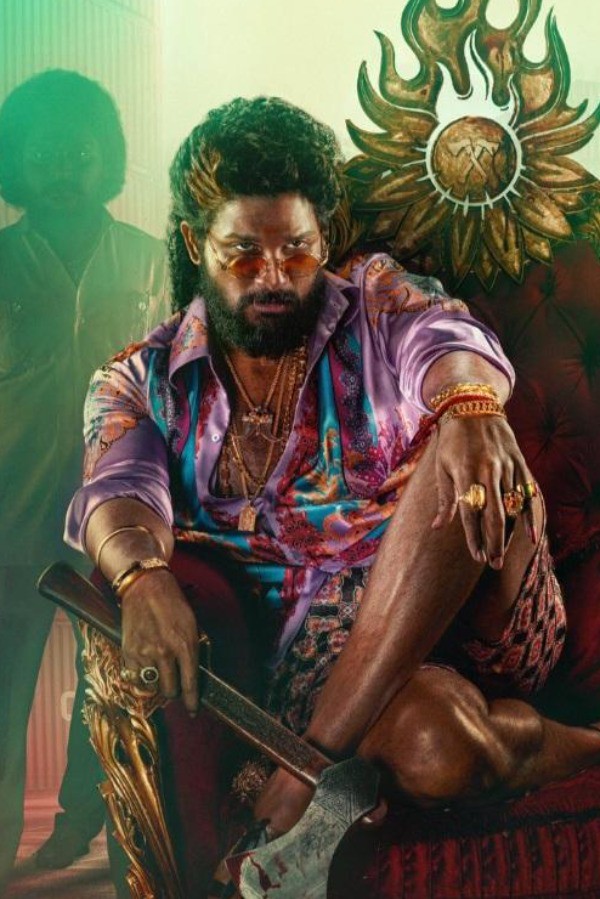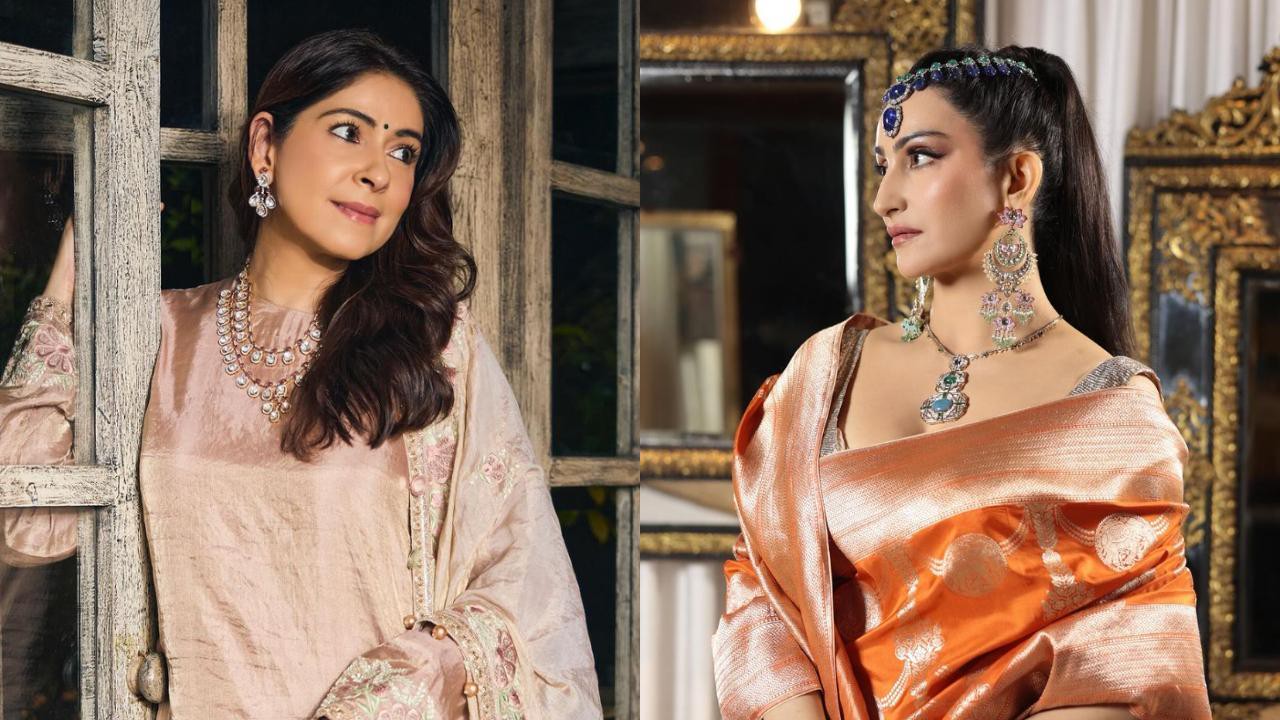Fourteen years after her directorial debut Dhobi Ghat, Kiran Rao’s sophomore venture, Laapataa Ladies, hits theatres today. She may have not been calling action and cut, but she’s always been on the radar, whether as the Chairperson of Jio MAMI Mumbai Film Festival or as the co-producer and wife (now ex-wife) of actor Aamir Khan.
She admits she’s been busy but laapataa (lost), and has begun to find herself with her new movie.
( Laapataa Ladies review: Kiran Rao weaves content, comedy and conversations in this simplistic, heartwarming drama)
Lost and found
“I was laapataa without really intending to be. I was in the world of storytelling, but in the background. There was that frustration where I was waiting to make the right thing. Although I do think the wait helped me find myself. My skill improved, I have a better command over my craft now,” says Kiran Rao, in an exclusive interview. It makes poetic sense that Laapataa Ladies marks her return to direction since the film is about two rural brides who get swapped and lose their way because of their veils.
The veil disallows the ability to both see and be seen. Similarly, Kiran admits that her vision was limited because of a metaphorical veil – of the film institute keeda. Having done her Master’s degree in Mass Communication from Jamia Millia Islamia, Kiran made grand inroads into Bollywood with Ashutosh Gowariker’s 2001 cult period drama Lagaan as an Assistant Director. It took her another nine years to make her directorial debut with Dhobi Ghat, also backed by Aamir Khan Productions, but unlike anything that Lagaan was like.
“Honestly, my first film was very personal. It was kind of introspective. It reflected my experience of living in the city (Mumbai) and tapped into all the ways I wanted to represent the city. It also had a bit of that film student keeda (bug), where I really wanted to play with formats and ways of seeing, and layer it in a way that it was not very linear, but more of an immersive experience,” said Kiran.
Having subsequently worked on the Doordarshan talk show Satyamev Jayate, TV documentary Rubaru Roshni, and Paani Foundation with Aamir, Kiran realised that like her partner, she had to speak to a wider audience and tell stories in a far more accessible fashion. “What all these have done to me is made me less conscious of myself. I’m not only trying to please myself. I feel the need to connect with a wider audience. I like very much to have this conversation on a broader scale. Perhaps if I had kept making films, I’d have fallen into a pattern of choosing very similar genres,” she said.
In that respect, Kiran is quite like Phool, the younger bride who gets lost at a railway station as her husband accidentally takes along another bride sitting in the same train compartment. With the help of unlikely well-wishers, Phool realises what she’s capable of, only if she dares to take the leap. “This film made me realise that we’re all quite similar. We like to think that we’re very different as human beings, or we’re more refined, or more massy than someone else. But the base reaction of humans is the same, especially when it comes to stories,” said Kiran.
When Aamir passed on this story, written by Biplab Goswami, to his then-wife, it touched a deep nerve inside Kiran. “It was saying something much more than what just the plot was saying. It resonated deeply with me and I thought it’s a great opportunity to explore a wide variety of situations or issues we face, whether we’re married or young women going to be married or going to study. Or whether it’s older women who find themselves in a routine rut,” she said.





